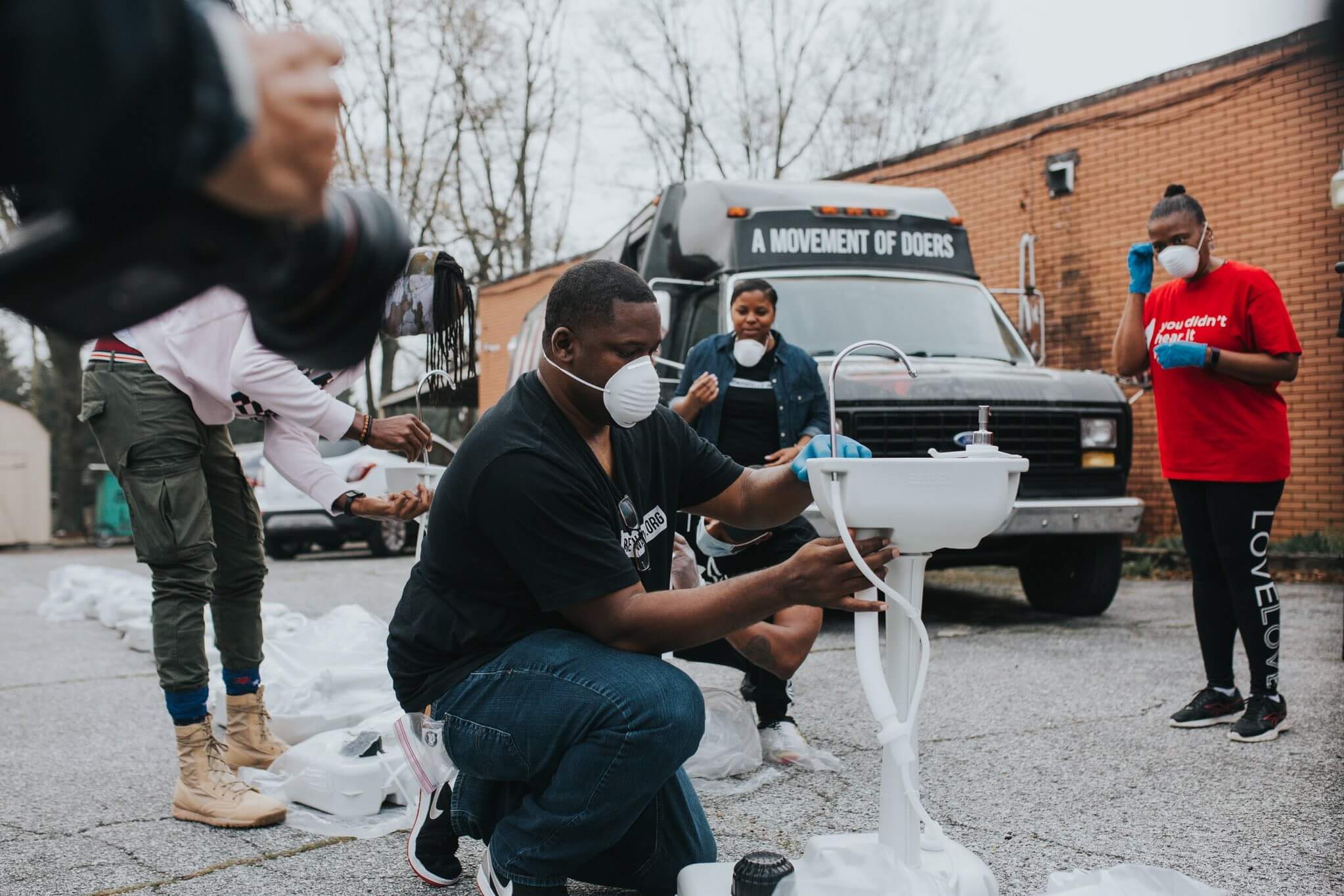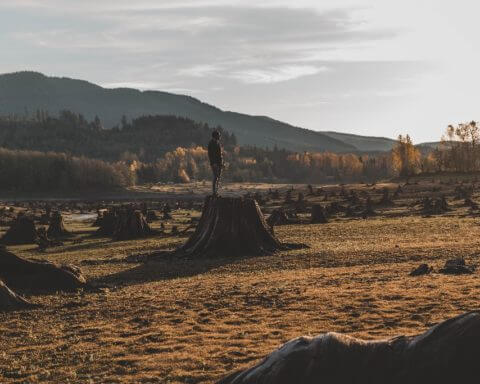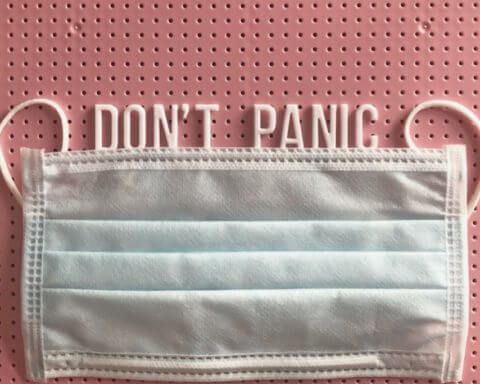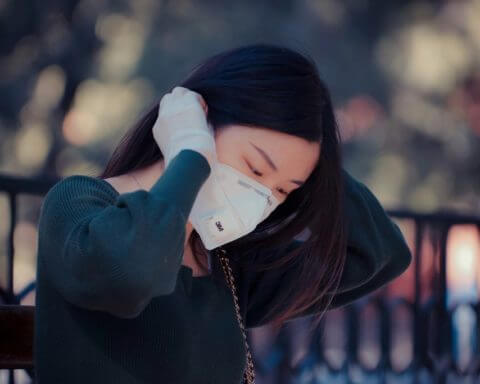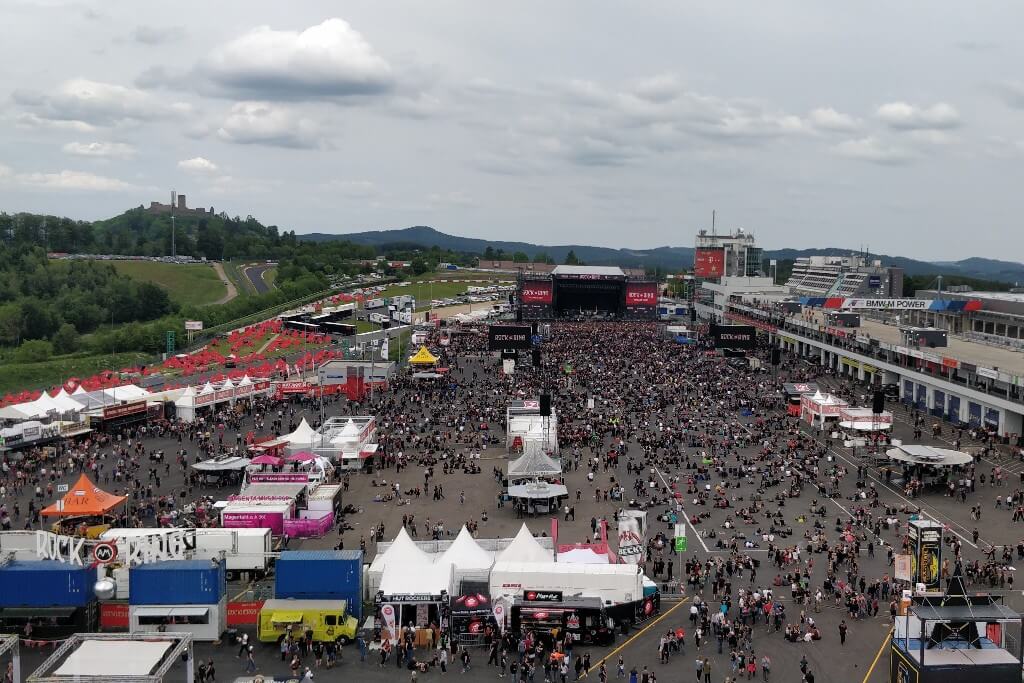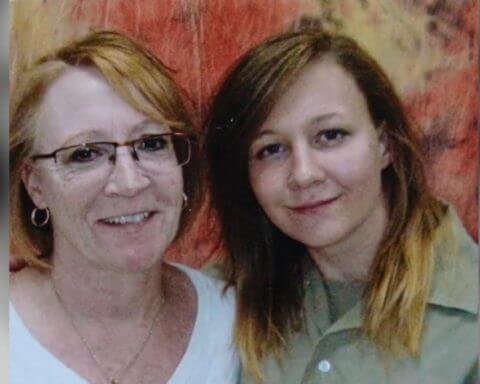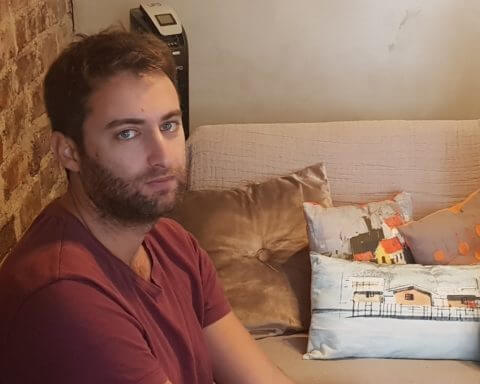Terence Lester has been helping people experiencing homelessness with his charity Love Beyond Walls since December 2013. But after the emergence of the coronavirus pandemic, he came up with a brilliant idea that could save thousands of lives not only in his hometown of Atlanta, but also around the United States.
His new project “Love Sinks In” aims at setting up handwashing stations on the streets for those deprived of access to water and soap. NOVO Gazette interviewed him about this thrilling project. Here is how this heroic story started…
- Within just a few months, Lester’s team managed to install publicly available sinks in 17 cities in 15 US states.
- Lester himself briefly experienced homelessness while in high school. Hence, he knows firsthand the hardships these people are suffering.
- He and his friends sometimes had to sneak into gas station restrooms to clean themselves out of the sink while they were homeless.
- Love Sinks In is starting a “do-it-yourself model” so people all around the world would have the blueprint of how to build portable handwashing units.
- Lester is a published author and currently doing his PhD on public policy and social change at Union Institute and University in Cincinnati.
- He also opened a museum, for which he used a shipping container as a “metaphor,” to “educate people who have misperceptions about those experiencing homelessness.”
“Our organization started to provide temporary shelters for individuals experiencing homelessness, using RV units. People use RVs to go camping with their families. But we have families who donate these RVs to our organization and we repurpose them to house people experiencing homelessness. Around that time, we started to figure out we would need portable restrooms and also handwashing stations for these RVs. And we did that for a number of years,” Lester said.
“Two months ago, we had some individuals starting to talk about their fears of contracting and spreading the coronavirus. Because they didn’t have anywhere to wash their hands. Because I had this experience already with working with our RV units, I had the idea to take one of the features that we used in the past and use it to disseminate hand soap and water for these people having the fears of not being able to wash their hands.”
Volunteers working during quarantine
Seven people are currently volunteering for Love Sinks In, and their job is not easy. Not only do they install handwashing units on the streets, but they also have to refill water and soap on a daily basis, as well as having to clean and maintain them. And doing all those during a deadly outbreak is beyond risky.
“Our organization has actually hundreds of volunteers every month. But all of our volunteers are quarantined. They reach out to us stating that they want to volunteer. But as a safety precaution, on behalf of the people who have already worked with us… it’s about seven of us right now,” Lester explained.
“It’s hard but we are viewing this work as not just essential but necessary. It’s a necessary work to ensure that people who don’t have this access are able to protect themselves.”
The Love Sinks In team has 35 handwashing units in Atlanta, where its office is based; 20 in Austin, Texas; eight in Birmingham, Alabama; two in Columbus, Ohio, 25 in New York City and two in Greenville, South Carolina. The initiative also recently expanded into Chicago, New Orleans, San Bernardino, Dallas and Baltimore.
‘People don’t understand you are thinking about survival’
Lester himself also experienced homelessness in the past, while he was a teenager. When we asked him about his own experience and how he managed to maintain personal hygiene during that time, he said:
“I was 16.5 years old. One of the challenges was my educators in high school not understanding the social pressures and then doing some labeling. There were times when I didn’t know where I would have anything to eat or where I would sleep safely. And fortunately I had friends whose parents would allow me to stay over their houses from time to time, to either take a shower, to wash my hands or to get a meal. And there were other times, when I was out there and I was alone. And it was very difficult. I remember nights staying in my car in the park, questioning ‘Why does life have to be like this? Why would you have to have a family that has broken down… all those things. So yes, it was difficult. It was about eight months.”
‘We would have to sneak into gas station restrooms’
There was another time in Lester’s life when he briefly lived on the streets. However, this time it was his own choice. Because he wanted to find out the difficulties facing people who experience homelessness in Atlanta first hand, shortly before founding Love Beyond Walls.
Asked about that period and how the idea of starting a charity came up, he explained:
“I actually started the organization on my cell phone. Specifically I did it to raise awareness about what it means to experience homelessness in this country and to educate people who are misinformed about what it means to walk in these shoes. Because there are a lot of misperceptions of what it means to go through these experiences. People don’t get a chance to see the other side of having to beg for money, for medication. And they are judging you, thinking that you want to just use it for alcohol or drugs. They don’t understand that every single second, you are thinking about survival, where you are going to get your next meal from. Who is going to overlook you? Will I make it to the shelter in time? Because I have to walk all these miles.”
“Making it to the shelter in time” was indeed particularly problematic, according to Lester:
“I remember days staying under the bridge. I lived out there for months, even in cold weather… when we had to charge our cell phones or try to make it to the shelter. I remember me and some of my friends walking to the shelter and we were five minutes late and we were not given access to go into the shelter. We had to turn around and walk two more miles to go back to where we came from.”
As for maintaining personal hygiene, Lester told us he and his friends would go to a shelter to take a shower, but they couldn’t, because the line was too long. “So we would have to sneak into gas station restrooms to try to clean ourselves out of the sink,” he said.
“The limitations of sanitation is not just something that is in existence during this pandemic. It’s something that people wrestle with on the streets every single day, which is one of the reasons why I wanted to launch this campaign. To solve this practical need, but also to talk about sanitation being a human right.”
“Every single part of the world, every single part of the United States of America need to have these sanitation mechanisms, where people are able to keep themselves clean. It helps with public health, it helps affirm the dignity and worth and value of the individuals who are living on the streets. But most importantly, it’s the right thing to do. Because how dare we as people wash our hands but not give them the opportunity to do that with a basic tool?”
Google became a sponsor for portable sinks
Lester’s nonprofit also provides masks, hand sanitizers and other hygiene products for people experiencing homelessness as part of its response to the pandemic. They have been partnering with Vector Global Logistics, which is providing them with KN95 masks to resource essential workers that are working with vulnerable populations. A portion of these masks are going to be used for equipping people living under bridges or on the streets with protective gear.
The Love Beyond Walls team cooperates with other nonprofits such as Right to Shower that ship hygiene kits to them. In fact, they now have 26 partners in total.
Google recently became involved in Love Sinks In. An account manager at Google saw Lester’s campaign and launched an internal fundraiser that was approved by Google to raise funds to expand the project to Austin, Texas, as well as to New York.
“Very excited that this Google representative has seen and deemed our cause necessary for us to be able to expand it,” Lester said when we asked about the new partnership. “We are shipping 25 units to four different organizations that are on the ground working with individuals experiencing homelessness. I think this moment in time is showing us that we need each other, that we need this heightened sense of collaboration. And our organization at its core is all about collaboration. So that’s what we are doing. We are collaborating with other groups and organizations to serve this population across the country.”
‘We are going to take handwashing across America’
Stating that his team is slowly selecting cities that they are going to grow into, Lester said:
“We are also about to launch a collaborative project with a group based out of California. We are jointly going to take handwashing across America.”
Love Sinks In is working on another brilliant initiative that offers people a “do-it-yourself model” for global access. “People all around the world will have this blueprint of how to actually construct this themselves if they want to. So the goal is to expand this where this is replicated all around the world,” Lester said about the plan.
Lester has garnered support from hip-hop artist Lacrae, as well. “Lacrae has been the number one champion of our project,” Lester said. “He was the first one to donate the first 15 sinks, him and his record label. They are still in support. He is 100 percent in. He is the one that helped me launch the Love Sinks In campaign.”
Love Sinks In is funded by individuals who see value in what they are doing and want to contribute in some way, according to Lester.
“Our goal is to continue to supply as many more sinks as we can over the next two to three months, even longer after that. This service is a lifestyle for us. This is something we do 365 days of the year. If this campaign would have gone viral, I would still be doing the work, we would still be doing the work. If people want to get involved and help us continue to expand our work, affirm the dignity of people who are impoverished and homeless, then they can go to lovebeyondwalls.org and join us.”
‘Because without a launchpad, you can’t really take off’
With respect to the homelessness crisis across the US, which became doubly critical during the pandemic, Lester said:
“We need more spaces to house people experiencing homelessness. And this is not just something that is needed during the pandemic. This is needed all year round, every single day to give people access to housing. Because without a launchpad, you can’t really take off…”
In the meantime, Lester is doing his PhD at Union Institute and University in Cincinnati, Ohio, studying public policy and social change. He is specifically doing research on “how narratives are formed based upon policies that are implemented for people experiencing homelessness.”
“I think it’s very important to not only understand how the political process works but also to fuse that with advocacy, to ensure that people who are living on the streets have their issues heard, have their plights addressed. To place these before politics and actually implement change. And that is one of the things we have been doing with some of the campaigns that we launched.”
Shipping container for the museum is a metaphor
Lester wrote a book named I See You that came out in August 2019 to “create a lens by which people can see the seen who are on the streets needing our love and attention.”
The Atlanta-based activist also started a museum with the theme of homelessness “as a way of raising awareness but also providing education for people who have misperceptions about people experiencing homelessness.”
“I launched it in a shipping container, because a shipping container has a lot of metaphors. Shipping containers are transient, they move around from place to place. All of them have a story of origin. All of them carry things on the inside. And it’s just like a person experiencing homelessness,” Lester said about the museum, which was set to travel to Georgia Tech before the pandemic hit the country.
**All rights reserved. Using quotes from this story requires crediting them to NOVO Gazette and adding a link to this page.

